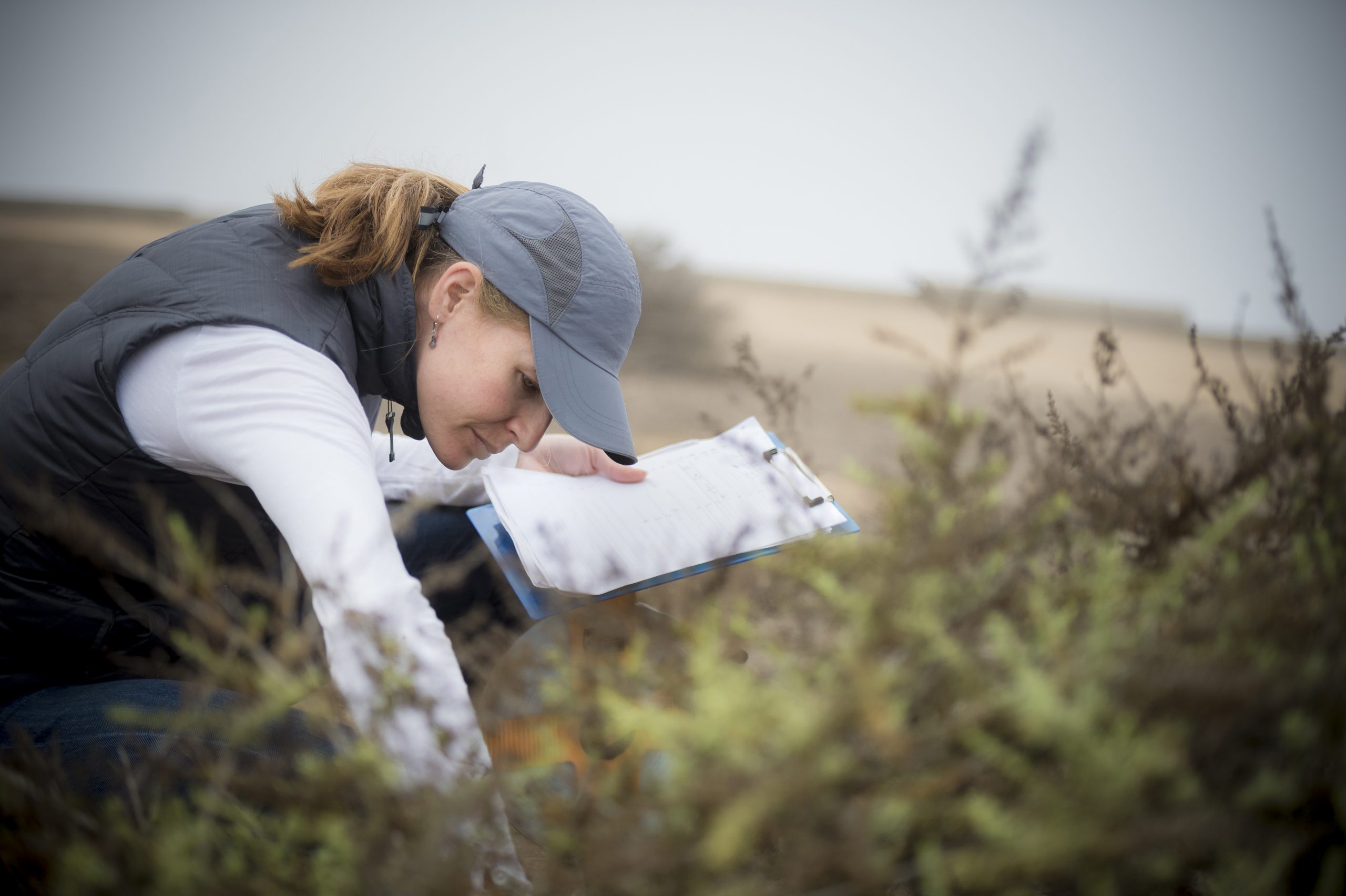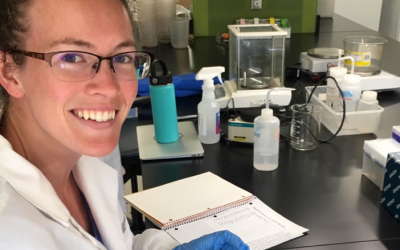Overview
Research in our lab evaluates responses to global change at multiple scales, from individual plants to ecosystem-level processes. We rely on the unifying concept of plant functional traits, that reflect trade-offs in ecological and evolutionary strategies, and integrate the responses of species to their environment, as well as the impact of species on ecosystem level processes. We focus on the native and invasive plants in Southern California ecosystems, and utilize multiple modes of inquiry, including field experiments, lab studies, data synthesis, and observations along natural gradients. One particular trait of interest is phenology, or seasonal timing, which influences many aspects of plant ecology and evolution.

Latest News
new poppy paper published
One of Liz Ryan’s thesis chapters was published, titled “Clinal variation in phenological traits and fitness responses to drought across the native range of California poppy.” She found that California poppy (Eschscholzia californica) varies tremendously across it’s...
Welcome Karagan!
Karagan Smith has joined the lab as a new PhD student! Karagan received her BS with Honors from Pepperdine University where for four years she pursued research on plant recovery from wildfire. She also completed research in Spain on drought responses of Aleppo Pine,...
new paper accepted in Evolution Letters
Congratulations José! One of his dissertation chapters was recently accepted for publication in Evolution Letters. The study shows that while most plants benefit from germinating early in the growing season, this advantage is reduced by herbivores, which tend to...




